2024 in Review - 100 Books llms.txt
I read 100 books this year as a challenge to myself. The hardest part about reading 100 books in a year is fomatting them cleanly afterward on your website. The second hardest part is tracking them all. The actual activity is a cinch.
Reading 100 books this year was directly inspired from stories of Theodore Roosevelt, who read one book a day, often multiple. The thing I’ve learned about reading serious literature in quantity is that most books are phenomenally forgettable. Tiago Forte, in “Building a Second Brain”, talks about saving quotations from every book you read, either on index cards or digitally - and when you’re reading so much, thats literally all you can do to try and keep track of the different ideas presented to you.
Reviewing this list, theres maybe 30 books on here that I remember vividly, and ten I’ll never forget - so I’ll talk about my favorites in each catergory.
Best Non-Fiction
Big Mall was an early standout for the year—a personal history and retrospective on the phenomenon of Edmonton’s West Edmonton Mall. It inspired my own personal pilgrimage to the location this year. It’s not well known, but my family was responsible for a lot of the signage inside the mall near the T&T, and so Kate Black’s book had a personal impact. What does it mean that the Mecca of shopping is in my home province, in the middle of Canada? It means different things to Kate than it does to me, but breaking down the strange history of such an anomaly of a structure was impactful. Highly recommended.
Sex Drugs and Cocoa Puffs was a whirlwind ride back to the early ‘aughts, dripping with a visceral, acidic language that I could only dream to replicate. To Closterman, everything should be taken personally, and this series of essays on American “Low"Culture”—Reality TV, Video Games, and Junk Food—was not just a searing criticism of America at large (and also a love story) but also a woozily accurate set of predictions on where this was all going to end up. Closterman was the first culture accelerationist.
The Case Against Education took all the individual anecdotes and experiences I’ve had as an employee in the education industry and crystallized them together into an exact framework of everything wrong with education. His central argument of education as a costly signaling exercise rather than a place of skill building fundamentally shifted the way I think about not only higher education but also all of the employers that seek the degrees from these institutions. While many found his conclusions nihilistic, he’s been proven more prescient than ever in a world of ChatGPT and grade inflation. I found it sobering and liberating and changed the way I look at pursuing education and employment.
Best Fiction
The Factory reads like a fever dream of modern work culture, where the boundaries between meaningful labor and busywork dissolve into a surreal haze. Oyamada’s novella hit particularly close to home as someone who’s spent time in sprawling corporate campuses where you’re never quite sure what the person three desks over actually does. The way she captures the crushing mundanity—shredding papers, watching moss grow, proofreading documents that may never be read—while slowly introducing elements of magical realism creates this suffocating atmosphere that perfectly encapsulates the modern condition.
Speaker for the Dead is a profound novel about truth, reconciliation, and the stories we tell about the dead. The way Card weaves together xenobiology, anthropology, religious studies, and family drama creates this tapestry that’s both intimately personal and cosmically vast. It’s a rare sequel that not only surpasses its predecessor but makes you view it in an entirely new light. Shame the other books suck so much. Probably could’ve stopped here.
There Is No Antimemetics Division took ███████ of cosmic horror and ███████ and twisted them into something uniquely ████████—ideas that actively resist being ████████████, entities that can only be fought by ██████ them. The way qntm builds on ███ ██████████ ████ while creating something entirely his own is masterful, but what really got me was how he made ██████████ ███████ ████ feel like a personal horror. There’s this nagging thought: what else have I ███████████? What memories have been ██████? It’s the kind of book that changes the way you think about ███████████ itself. Very excited for the re-release coming this year.
Book of The Year
Every Man for Himself and God Against All was a book I chose based solely off the title at the beginning of the year and have been thinking about it non-stop ever since. Herzog’s explanation of his childhood, how he decided to become a filmmaker, and then how he actually went and pulled it off is a truly insane story about true, teeth-and-blood perseverance. His recounting of the making of Aguirre—dragging a film crew into the Amazon, threatening Klaus Kinski at gunpoint, nearly dying multiple times—reads like a fever dream of artistic obsession - is the surface point of a sea of incredibly unbelievable stories.
But what really got under my skin was his philosophy of “ecstatic truth” over mere factual truth, this idea that there’s something more real than reality that can only be accessed through a kind of controlled madness. It’s the kind of book that makes you question whether you’ve ever really committed to anything in your life with the same bone-deep conviction that Herzog brings to every single frame he’s ever shot.
And then you think about it some more. Is any of this true? He was a circus rodeo clown? He was shot and wounded during a BBC interview? He always carries a “Luther’s 1545 translation of the Bible in a facsimile reprint”? So you investigate as best you can, and find out that the truth behind the stories Herzog tells is just slightly out of your reach - other people can corroborate the times and locations, but not the whole stories - so all you’re left with is the ecstatic truth.
All 100 Books
- Fear and Loathing on the Campaign Trail ‘72 - Hunter S. Thompson
- There Is No Antimemetics Division - qntm
- Children of the Fleet - Orson Scott Card
- Sex, Drugs, and Cocoa Puffs - Chuck Klosterman
- A War of Gifts - Orson Scott Card
- Simulations - Jean Baudrillard
- Speaker for the Dead - Orson Scott Card
- Ender’s Game - Orson Scott Card
- The Absolute at Large - Karel Capek
- The Crying of Lot 49 - Thomas Pynchon
- Why I Write - George Orwell
- Cute Accelerationism - Maya B. Kronic, Amy Ireland
- The Plague Dogs - Richard Adams
- Ink Earl - Susan Holbrook
- Red Team Blues - Cory Doctorow
- Blockchain Chicken Farm - Xiaowei Wang
- The Water Statues - Fleur Jaeggy
- The New Essential Guide to Electronics in Shenzhen - Andrew Huang, Naomi Wu
- Big Mall - Kate Black
- Mary Ventura and the Ninth Kingdom - Sylvia Plath
- Every Man for Himself and God Against All - Werner Herzog
- Wiktopher - Rek Bell
- The Sisters Brothers - Patrick deWitt
- Snow Crash - Neal Stephenson
- Atomic Habits - James Clear
- Atlas Shrugged - Ayn Rand
- Rethinking Sex - Christine Emba
- The Wind in the Willows - Kenneth Grahame
- Semicolon - Cecelia Watson
- The Company - John Micklethwait
- The Design of Everyday Things - Donald A. Norman
- The Present Age - Søren Kierkegaard
- Six Memos for the Next Millennium - Italo Calvino
- Building a Second Brain - Tiago Forte
- How to Be a Revolutionary - C.A. Davids
- Catching the Big Fish - David Lynch
- Jonathan Livingston Seagull - Richard Bach
- Subprime Attention Crisis - Tim Hwang
- Valuable Humans in Transit (and other stories) - qntm
- Where’s my Flying Car? - J. Storrs Hall
- World Travel - Anthony Bourdain / Laurie Woolever
- Silicon Values - Julian C. York
- It Don’t Cost you a Penny - Eddie Harwood
- Introduction to Signals Processing
- The Art of Assembly Language
- Jane Eyre - Charlotte Bronte
- The Handmaid’s Tale - Margaret Atwood
- The Great Liquor War - DM McGowan
- Roadside Picnic - Arkady / Boris Strugatsky
- Faith and Practice - Multiple Authors
- The Intuitionist - Colson Whitehead
- What we Really Do all Day - Johnathan Gershuny / Oriel Sullivan
- Bar Delicious - Balise Mortiz
- After Death - Francois Bonnet
- Laserwriter II - Tamara Shopsin
- Design in Conservative Times
- Underground - Haruki Murakami
- Cassanovas Chinese Restaurant - Anthony Powell
- Revloutionary Demonology - Gruppo di Nun
- We Make Clocks, Not Time - John F Gerrard
- On Contemporary Art - Cesar Aira
- Anthem - Ayn Rand
- The Romantic Manifesto - Ayn Rand
- The Factory - Hiroko Oyamada
- I Wear the Black Hat - Chuck Klosterman
- The Sun Also Rises - Ernest Hemmingway
- The World as I See It - Albert Einstein
- Idiots Guide to Mindfulness
- Idiots Guide to Meditation
- Idiots Guide to Short Meditations
- Languishing - Corey Keyes
- A Spot at the Bar
- The Master and Margarita
- RA - qntm
- Five Little Indians - Muchelle Good
- Beloved - Toni Morrison
- Kafkas Diaries
- Feminist Interpretations of Ayn Rand
- Freedom, Feminism, and the State
- The Myth of Mental Illness
- Bowling Alone
- Everything is Miscellaneous
- Thinking Fast & Slow
- The Case Against Education - Bryan Caplan
- Introduction to Objectivist Epistimology
- The Chef at War - Alexis Soyer
- Invisible Cities - Italo Calvino
- His Dark Materials - Phillip Pullman
- Tomorrow Sex Will be Good Again
- A Disseration Upon Roast Pig - Charles Lamb
- Snowdens Box - Jessica Bruder / Dale Maharidge
- Capital is dead. Is this something worse?
- The Walker (On Finding and Losing Yourself in the Modern City) - Matthew Beaumont
- Meditations - Marcus Aurealius
- Practical Malware Analysis
- Organ Meats - K Wing Chang
- The Creative Gene - Hideo Kojima
- Saving Time - Jenny Odell
- Building a Second Brain - Tiago Forte
- SISU Manifesto
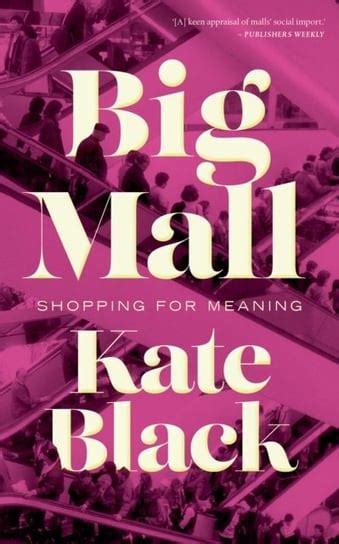
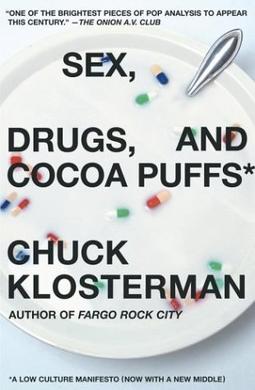
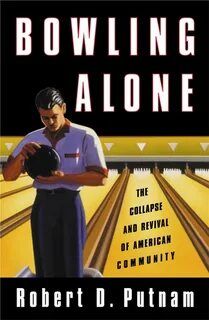
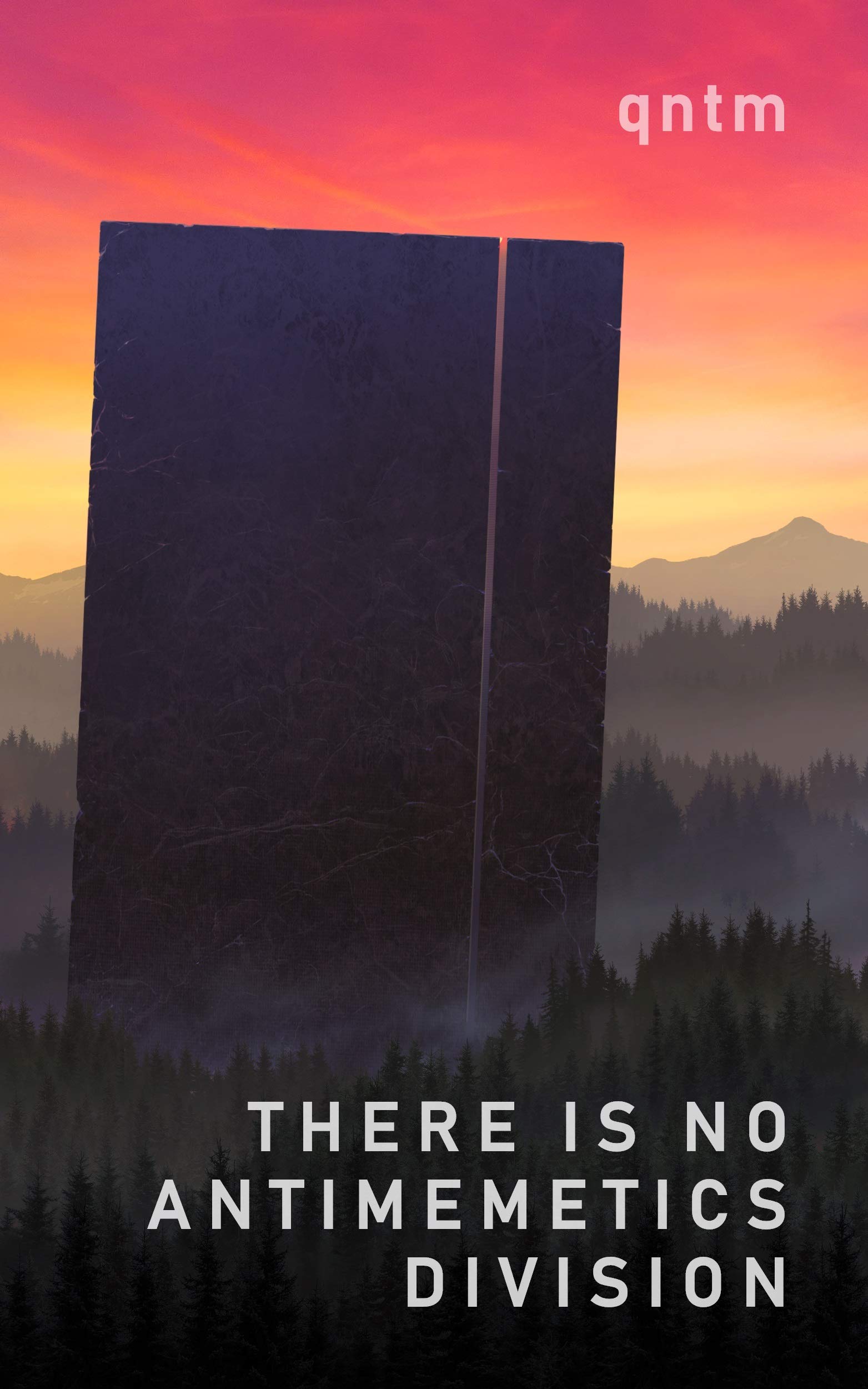
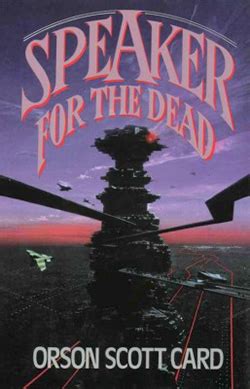
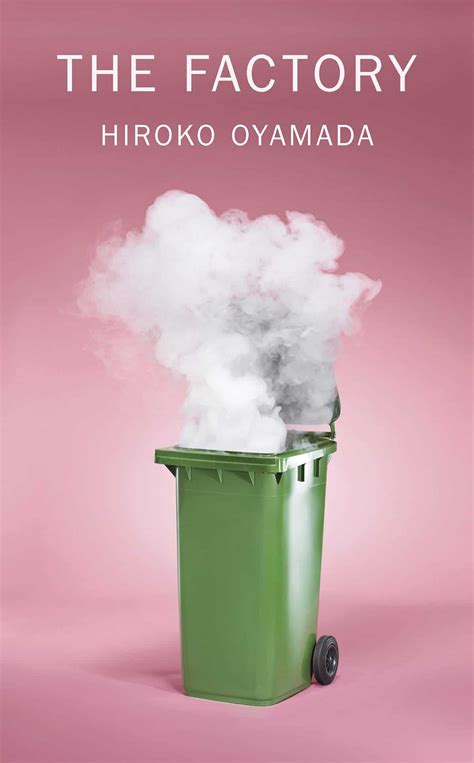


Comments